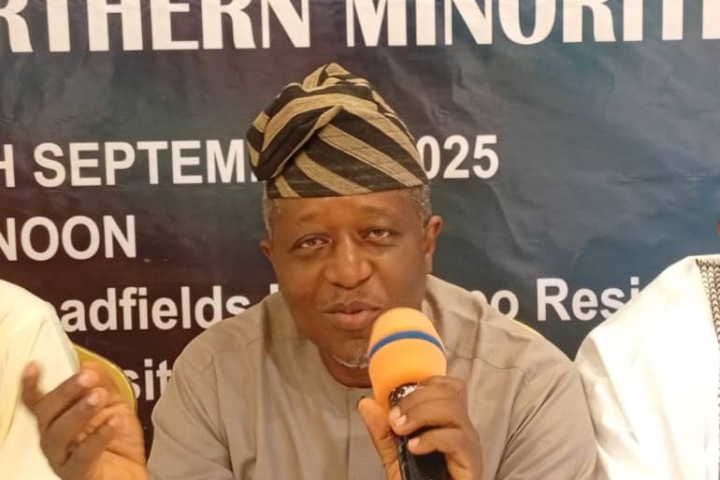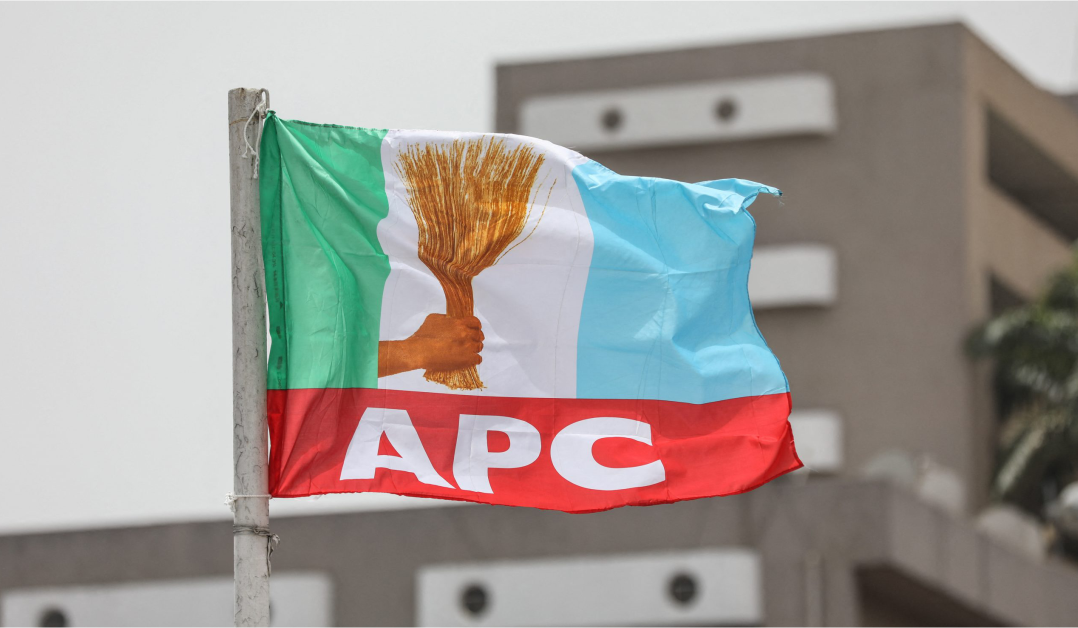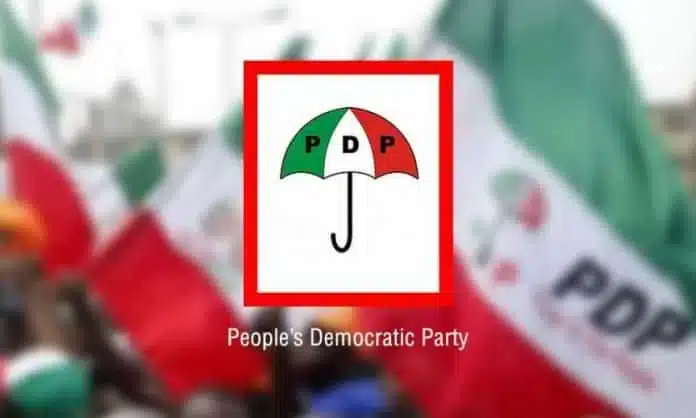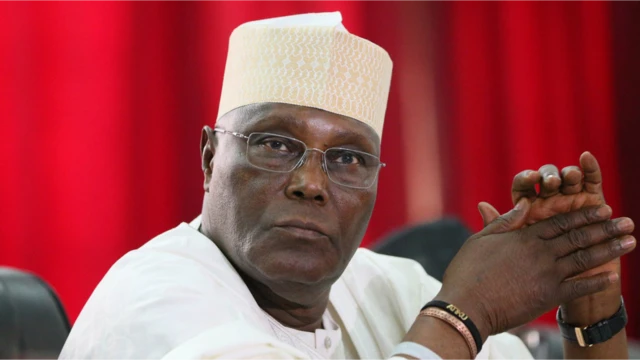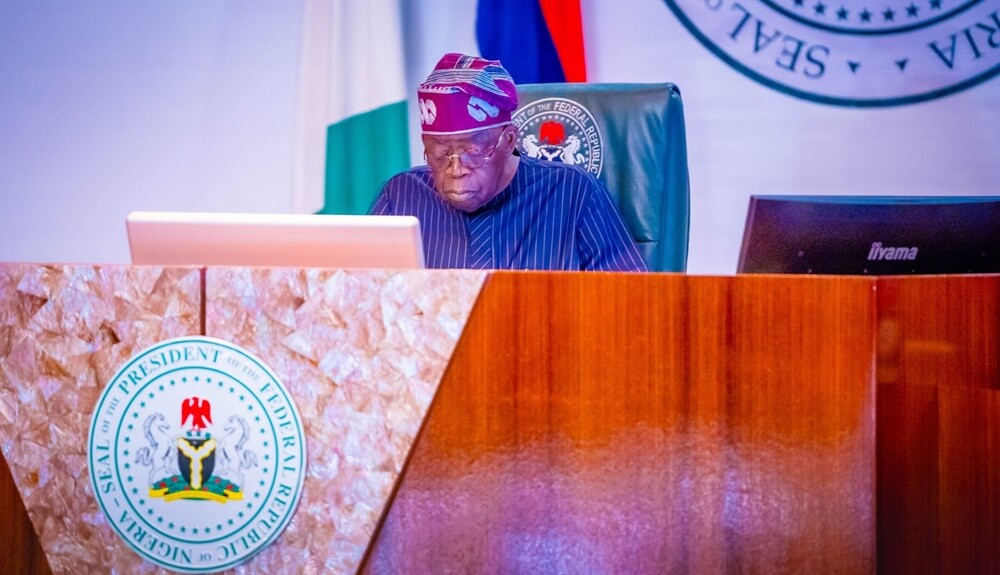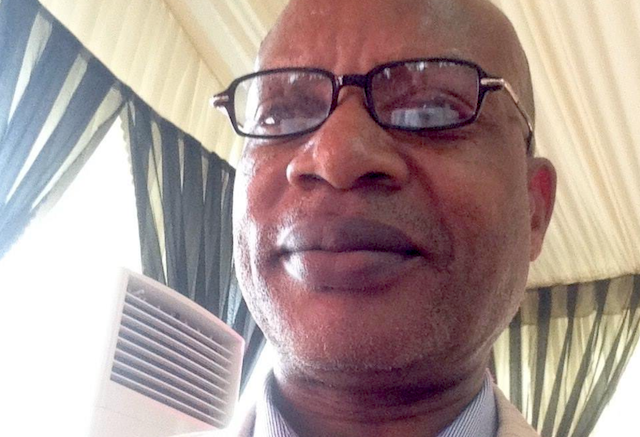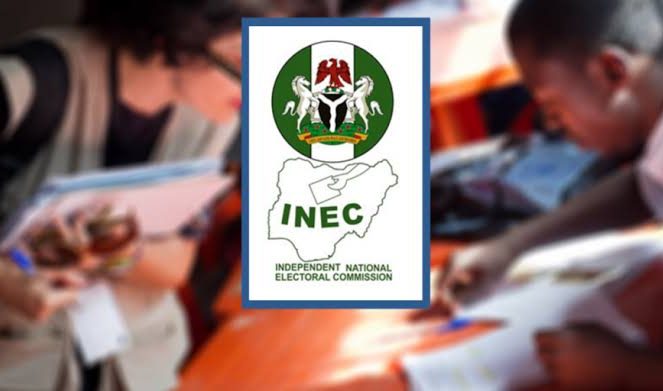When you’re hungry and angry, you lose concentration and comprehension. If you’re angry and hungry, you lose self-confidence and esteem. If your anger and hunger is driven by hubris, you lose emotional control, and say and do things preposterous.
This is the stage former Rivers State Governor and ex-Minister of Transportation, Chibuike Rotimi Amaechi, finds himself so early in the race for 2027 General Election.
Declaring for president – and vowing to “remove” from power President Bola Tinubu and his ruling All Progressives Congress (APC) – Amaechi claims to co-form a Coalition of Opposition Politicians (COP) plying its 2027 trade under the African Democratic Congress (ADC).
A top player in the political arena since the Fourth Republic began in 1999, Amaechi, who’s adopted an outlandish strategy to achieving his aspiration, declared on May 30, 2025, that he’s “hungry” despite his belying physical appearance.
At an event marking his 60th birthday, Amaechi advanced his “hunger” rhetoric with a plea to his audience: “For us, the opposition, if you want us to remove the man in power (Tinubu), we can remove him from this power,” he said.
Amaechi wasn’t talking about his personal food security, but “hunger for power” that he’d left after a 23-year stint as Speaker of Rivers State House of Assembly for eight years (1999-2007), Governor for eight years (2007-2015), and Minister for seven years (2015-2022).
Again on the roll on July 23 during a roadshow to launch the ADC in Port Harcourt, Rivers capital city, Amaechi accused the state political elite (without exonerating himself) of always “writing (election) results.”
With an apocalyptic bent to his messaging, Amaechi warned his ADC members in Rivers to stop those responsible for writing results, or else, “Nigerians will be dead and buried if Tinubu wins a second term in 2027” – inferring the president would rig the poll.
“We should encourage people to come out and vote for the removal of the current government or we will all die of hunger,” Amaechi says, adding, “Currently, Nigerians are complaining in President Tinubu’s first tenure; imagine what the second tenure will be like. Then, you’ll be dead and buried.”
The latest 2027 gambit comes in a kind of ‘Manifesto’ “released” on Friday, August 8, on X Space tagged, ‘Weekend Politics’, with a seemingly uncoordinated and incoherent Amaechi staccatoicly equivocating and prevaricating.
Engaging with Nigerians on his presidential bid, Amaechi promises: “I will end corruption in 30 days, or I will resign. I will not reverse the removal of subsidies. I will instead direct the funds (therefrom) into the pockets of Nigerians, not the elite’s,” without providing how to tackle the two crucial issues.
The below bulleted list that Amaechi addressed made the X Space participants to sigh and yawn, and the public to scratch their heads, as they consider the implications of an Amaechi presidency. Happy reading:
• Amaechi vows to “abandon the coastal road” (Lagos-Calabar Coastal Highway), as “that road is for stealing.” Instead, he’ll veer the funds to complete the East-West road “that will serve the same as the coastal road.”
Amaechi’s mum on the multi-trillion naira infrastructural projects awarded on his watch as minister. Were funds for these projects immune from being stolen?
The East-West road Amaechi didn’t remember when he’s minister serves only the hinterlands, whereas the coastal highway will open up more opportunities in commerce, manufacturing, real estate, tourism and blue economy along its 700km stretch that transverses nine states from the South-West to South-South.
Three posters on X sum up Amaechi’s vow to abandon the coastal highway, thus: “It’s shocking that a former Transportation minister could say publicly that fixing the East-West road will achieve same objective as Lagos-Calabar coastal highway that is meant to link coastal areas in 9 states. How does he not know the difference between the two?”
“He (Amaechi) clearly doesn’t understand the ‘coastal’ aspect of the highway and that’s why he didn’t see the difference between it and the East-West road, which is just a normal road linking Niger Delta communities. So shocking!”
“As a Minister of Transport for 8 years, you (Amaechi) said you were going to do rail services even to Niger (Republic), positioning it as a key to economic development. Today, the Coastal road (in Nigeria) is for stealing and not a key to economic development.”
• Amaechi pledges to change the amended 1999 Constitution, and replace Indigeneship with Citizenship – a euphemism for Residency that bestows nativity, ownership of land and political power on non-indigenes across Nigeria.
A Bill on Indigeneship, sponsored by the Deputy Speaker of House of Representatives and Chairman of the House Committee on Constitution Review, Hon. Benjamin Kalu, was withdrawn on July 29 following a nationwide opposition. Though intended to “promote national unity, equity, and inclusiveness among all Nigerians, regardless of where they reside,” opponents of the Bill argued that it’d rob indigenous people of their ancestral and cultural possessions to pay settlers.
• Twice the Director-General for the late President Muhammadu Buhari’s election in 2015 and 2019, Amaechi preaches fidelity in poll conduct, saying he’s never been engaged in rigging, and repeatedly declined to serve on the APC election planning committees, “because I know what they discuss (is how to rig elections).”
• Amaechi pledges to stop election malpractice via reforms, as “the lowest hanging fruits for me, if I become President, in my first six months” in office; and vows to defeat Tinubu in 2027 if given the ADC ticket.
“I tell you, I’ve not had an election against Tinubu. I know Tinubu very well. I know his strengths. I know his weaknesses. And I know that if allowed to fly the flag of ADC, I will defeat Tinubu for sure,” he says.
• In a circlical manner, Amaechi debunks alleged electoral malpractice against him, and challenges his accusers to prove their case that, “I participated in any election rigging, and I will apologise for that,” adding, “I will never participate in any rigging whatsoever, and I will not do it. What I promise to do now, going forward, is to stop rigging.”
“I challenge any politician, living or dead, to come forward and say I was part of rigging. In fact, all the appointments given to me by APC to join election planning committees, I have refused to participate. Why?
“Because I know what they discuss. I listen to them. I hear them. They will bring governors. They will go to government agencies and get money. But the rest, I don’t want to say it until I win primaries. If I get the ticket, I will reveal those things.”
• Amaechi describes Prof. Mahmood Yakubu (2015 till date) as “the worst Chairman of Independent National Electoral Commission in the history of Nigeria.”
What evidence does Amaechi have to compare Yakubu’s credibility with previous INEC’s chairs’: Justice Ephraim Akpata (1998-2000), Dr Abel Guobadia (2000-2005), Prof. Maurice Iwu (2005-2010), and Prof. Attahiru Jega (2010-2015)?
Amaechi “magically” became governor in 2007 (and got re-elected in 2011) via a poll conducted by Iwu, then perceived globally as “the worst INEC Chairman in Nigeria’s history” for announcing “fictitious results,” declaring “winners” ahead of collation, and urging “defeated” candidates and parties, whom he accused of unpreparedness for elections, to “go to court” to seek redress.
Recall that the late Umaru Musa Yar’Adua labelled the Iwu-declared results for his presidency in 2007 as blatantly rigged, apologised to Nigerians over the electoral heist, and pledged to reform the system, but ill-health and ultimately death didn’t allow him to fulfill the avowal.
• Amaechi alleges that Peter Obi, former Anambra State governor and candidate of the Labour Party (LP) won the 2023 presidential poll in Rivers. “I would agree to an extent that Peter Obi won in Rivers state, but unfortunately, the result that came out was different. How it happened, I have no idea,” he said.
Why did Amaechi keep quiet for over two years, rather than assist Obi in the courts to substantiate his viral claims of winning the poll, prompting the Supreme Court to dismiss Obi’s appeal as “lacking in merit” within 72 seconds?
• Amaechi claims that, “those very influential among the ruling class visit CBN (Central Bank of Nigeria) to steal money,” stating, “if they could use all the money they are pocketing to improve security and the economy, Nigeria wouldn’t be in such dire straits today.”
Nigerians are aware that similar allegations dogged the Buhari eight-year administration in which Amaechi’s a “super Minister,” and a member of the kitchen cabinet and “cabal” at the Presidential Villa.
• Amaechi isn’t competiting for 2027 with his successor-Governor Nyesom Wike, but he dares the Minister of the Federal Capital Territory (FCT), Abuja, to “a walk along the streets of Port Harcourt, to reveal who is healthy and who the people actually love.” What a joke by a president material!
• Amaechi says he’ll support the ADC candidate to unseat President Tinubu. “In a free and fair primary, whoever wins will have my full support. I will be deeply devoted to the campaign and will do everything in my ability to help ADC unseat this current clueless government,” Amaechi concludes.
Most likely driven by hubris than a natural intent to upstage the incumbent, will an Amaechi presidency be based on altruistic purposes, or on hunger for power, anger for vendetta, and pander to interests that undermine Nigeria’s diversity and unity? The clock ticks slowly but steadily towards 2027!
Mr Ezomon, Journalist and Media Consultant, writes from Lagos, Nigeria. Can be reached on X, Threads, Facebook, Instagram and WhatsApp @EhichioyaEzomon. Tel: 08033078357
